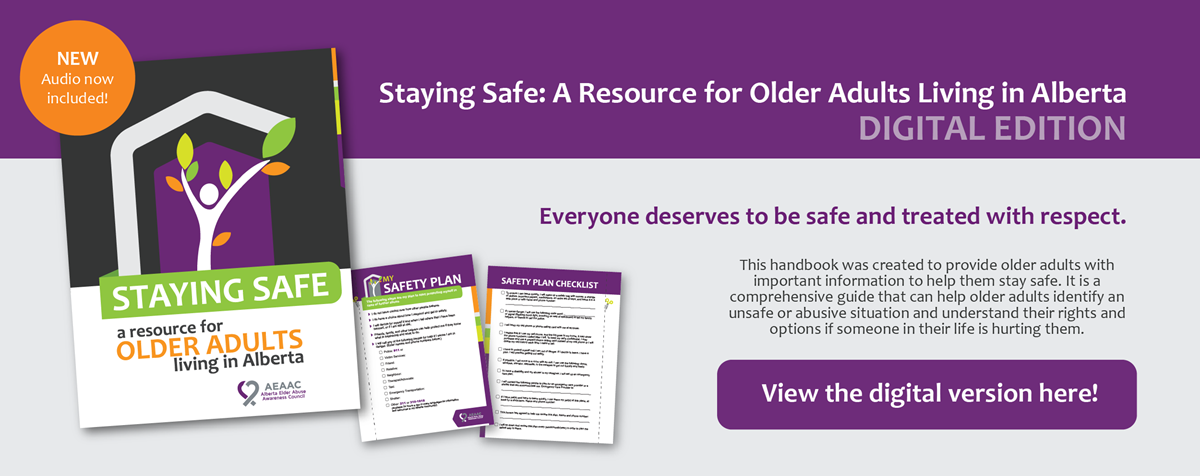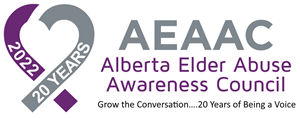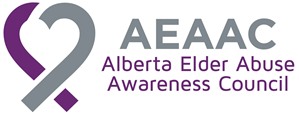In case of emergency and immediate danger, please call 9-1-1
Support Services:
Strathcona County 24 hour help line: 780-464-7233
Strathcona County Elder Abuse Response Network
Strathcona County Family & Community Services: 780-464-4044
- Provides information and support for seniors experiencing abuse and for those concerned about the well being of a senior.
- The network has representation from a Safe place , RCMP, Family & Community Services, Alberta Health Services, Covenant Health. PCN and Heartland housing.
As a province-wide network of professionals working to increase community awareness, AEAAC is represented by communities across Alberta.
If you or someone you know is experiencing elder abuse and would like some information and help, please see the Getting Help section for resources and contact information.
If you would like more general information about the Alberta Elder Abuse Awareness Council please contact the representative in your community.







